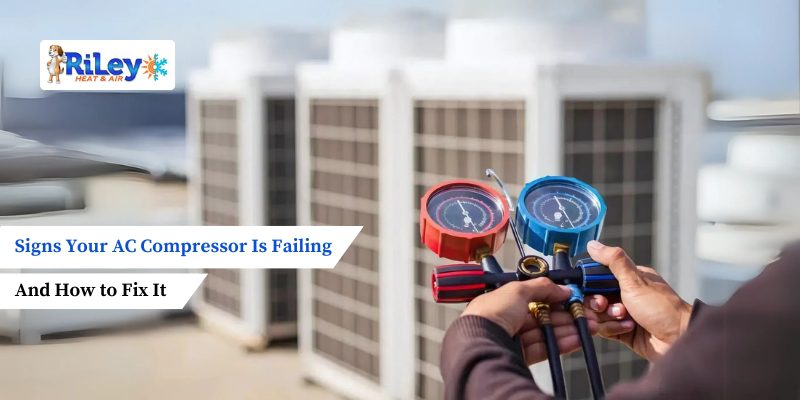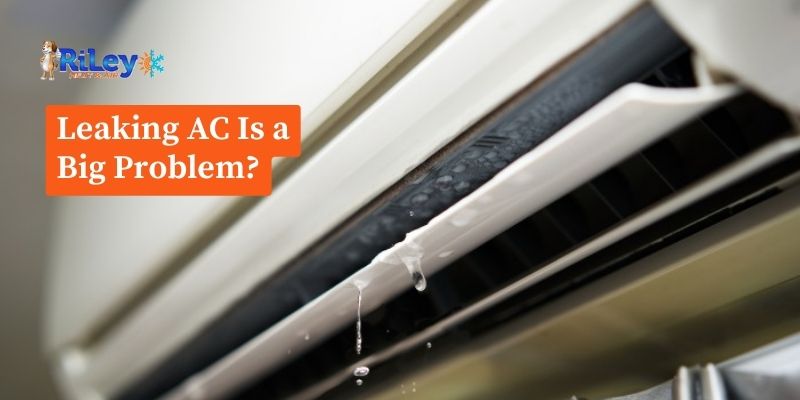
10 Critical Factors to Assess When Installing an HVAC System
In an era where our homes and workplaces serve as sanctuaries of comfort and well-being, heating, ventilation, and air conditioning (HVAC) systems stand as silent guardians, ensuring that the air we breathe is clean and the temperature we experience is just right. However, installing an HVAC system is not a one-size-fits-all endeavor; it's a nuanced process that demands careful consideration of various critical factors. Your choices during installation can significantly impact your comfort, energy efficiency, and long-term costs.
This article delves into the intricacies of installing an HVAC system and presents ten indispensable factors that demand your attention. From sizing and energy efficiency to system type and air quality considerations, each aspect plays a pivotal role in determining the effectiveness and sustainability of your HVAC investment. We'll explore the significance of proper controls and zoning, the importance of ductwork design and sealing, and the role of maintenance in extending the life of your system.
Moreover, we'll highlight the often-overlooked facets, such as noise levels and installation quality, that can profoundly affect your day-to-day comfort. Ultimately, this comprehensive guide aims to empower you with the knowledge needed to make informed decisions and ensure that your HVAC system meets your immediate needs and enhances your long-term well-being and financial stability. So, let's embark on this journey through the world of HVAC installation and unravel the secrets to a genuinely comfortable and efficient indoor environment.

10 Factors to Assess During Air Conditioning Installation
1. Sizing and Capacity
Proper sizing and capacity are The first crucial factors to consider when installing an HVAC system. An undersized system will need help maintaining a comfortable temperature, leading to increased energy consumption and wear and tear on the equipment.
Conversely, an oversized system may cycle on and off frequently, wasting energy and causing temperature fluctuations. Experts should conduct a load calculation to determine the right size for your HVAC system, considering factors like the building's size, insulation, occupancy, and climate.
2. Energy Efficiency
Energy efficiency is paramount when selecting an HVAC system. High-efficiency units can significantly reduce energy consumption and lower utility bills while minimizing the system's environmental impact.
Look for systems with a high SEER (Seasonal Energy Efficiency Ratio) rating for cooling and an AFUE (Annual Fuel Utilization Efficiency) rating for heating. Energy-efficient HVAC systems often qualify for rebates and incentives, providing additional savings.
Investing in energy-efficient technology can lead to substantial long-term cost savings and a reduced carbon footprint.

3. System Type
The type of HVAC system you choose will depend on your specific needs and budget. Common options include central air conditioning, heat pumps, furnaces, ductless mini-split, and geothermal systems.
Central systems are suitable for larger homes with ductwork in place, while ductless mini-splits are ideal for smaller spaces or buildings without existing ducts.
Geothermal systems harness the Earth's natural heat for efficient heating and cooling but can be expensive to install. Evaluate the pros and cons of each system type to determine which one aligns best with your requirements.
4. Zoning and Controls
Efficient control and zoning are critical for optimizing HVAC system performance. Zoning allows you to divide your space into multiple temperature-controlled zones, providing customized comfort and energy savings.
Smart thermostats and advanced control systems enable remote monitoring and adjustment, helping you manage your HVAC system efficiently even when you're not at home.
Proper zoning and controls can prevent overheating or overcooling in unused areas, reducing energy waste and improving overall comfort.
5. Air Quality Considerations
Indoor air quality is essential for a healthy living or working environment. When installing an HVAC system, consider incorporating air purifiers, humidifiers, and dehumidifiers to maintain optimal air quality.
High-efficiency air filters can trap allergens and contaminants, promoting better respiratory health. Additionally, ensure that the HVAC system is equipped with adequate ventilation to bring in fresh outdoor air, preventing the buildup of indoor pollutants.
6. Ductwork Design and Sealing
Proper design and sealing are crucial for systems that rely on ductwork to prevent air leakage and inefficiency. Ducts should be appropriately sized, insulated, and sealed to minimize heat loss or gain during air distribution.
Leaky ducts can lead to uneven temperatures, reduced system efficiency, and higher energy bills. A professional ductwork inspection and sealing process can improve system performance and reduce energy waste.
7. Maintenance and Serviceability
Regular maintenance ensures your HVAC system's long-term reliability and efficiency. Before installation, consider the accessibility of system components and the ease of maintenance.
Opt for systems with quickly replaceable filters and accessible service points. Also, establish a routine maintenance schedule with a qualified HVAC technician to keep your system working correctly.
8. Noise Levels
HVAC systems can generate noise that can be disruptive if not properly managed. When selecting a system, consider its noise level, especially if the HVAC unit will be located near living or working spaces. Look for systems with quiet operation features and discuss sound insulation options with your installer to minimize noise disturbance.
9. Installation Quality
Even the best HVAC system will only perform optimally if installed correctly. Choose reputable HVAC experts with experience in system installation and a track record of quality work.
Proper installation involves precise sizing, correct placement of components, and meticulous attention to detail. A well-installed system will operate efficiently and have a longer lifespan.
10. Budget and Long-term Costs
Lastly, carefully evaluate your budget and long-term cost considerations when installing an HVAC system. While it may be tempting to cut costs upfront, investing in a higher-quality, more energy-efficient system can lead to significant savings over time. Consider the total cost of ownership, including installation, maintenance, and energy expenses, to make an informed decision that aligns with your financial goals.
Conclusion
In conclusion, installing an HVAC system is a complex undertaking that requires careful consideration of numerous factors. By assessing these critical factors, you can make informed choices that result in a comfortable, efficient, and cost-effective HVAC system for your home or business. Working closely with experienced professionals is essential to ensure that your HVAC system is correctly sized, installed, and maintained, providing reliable performance for years.






